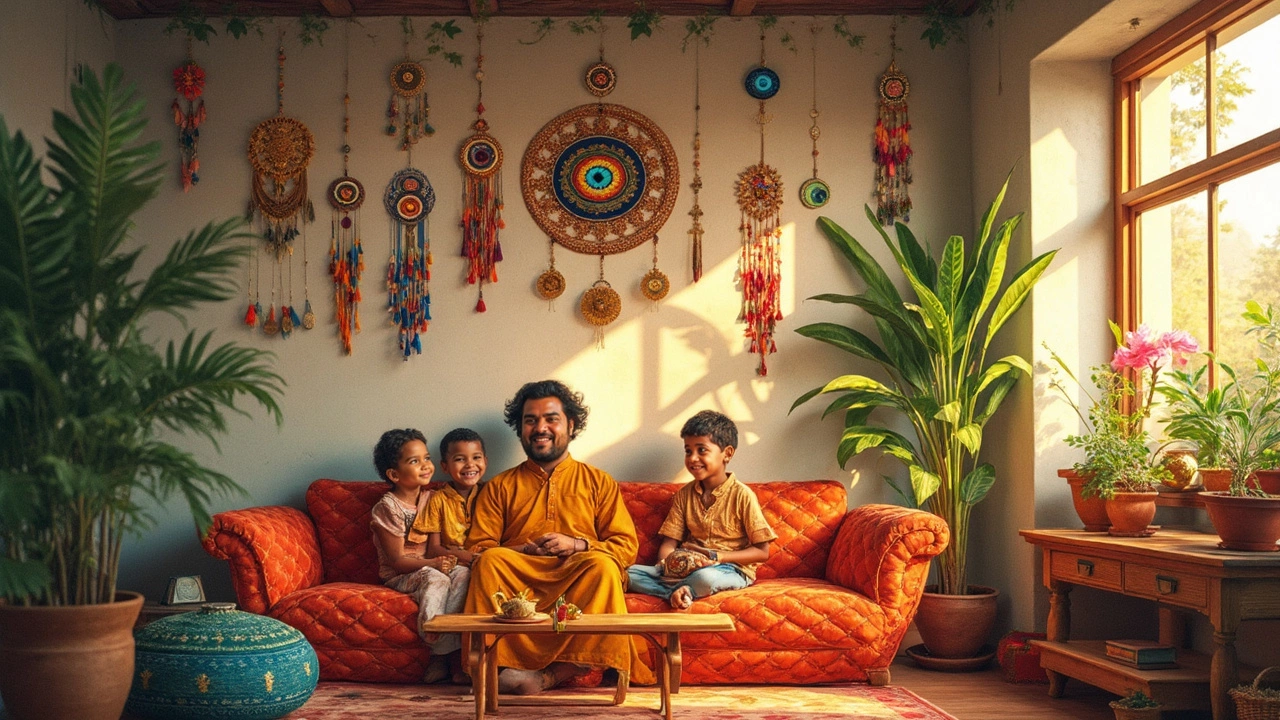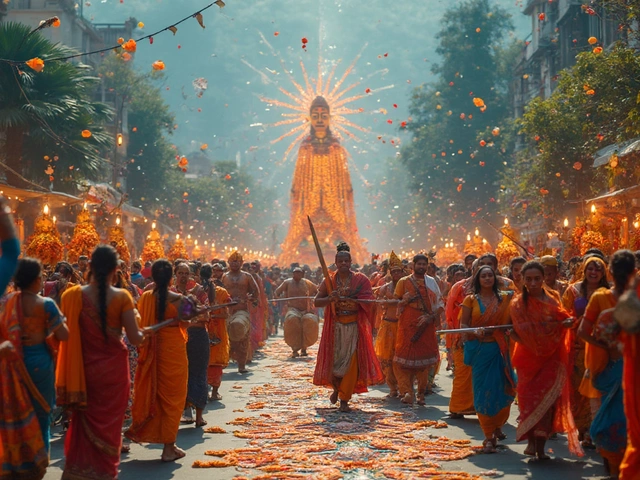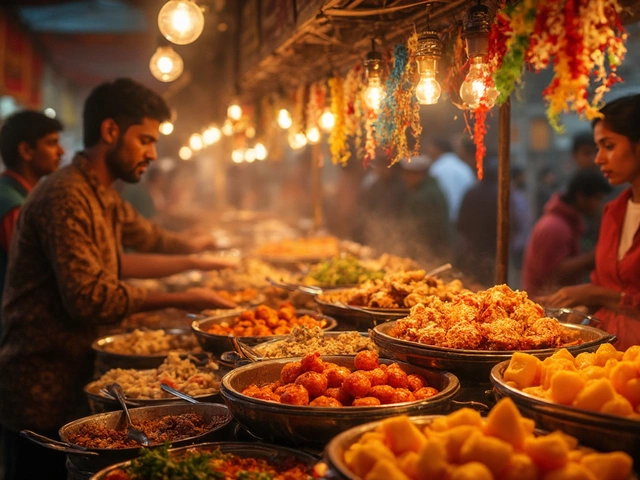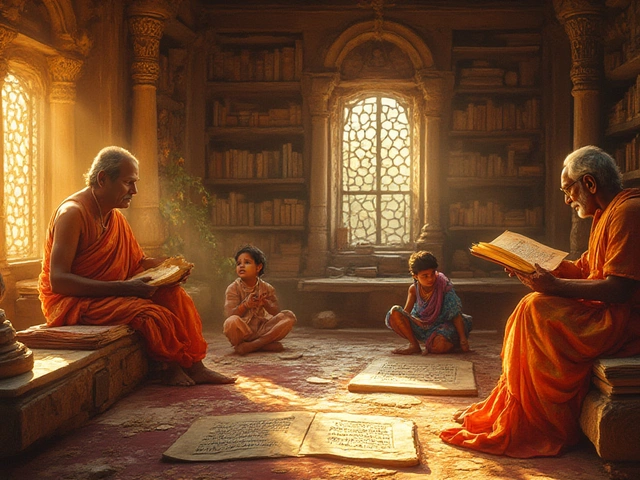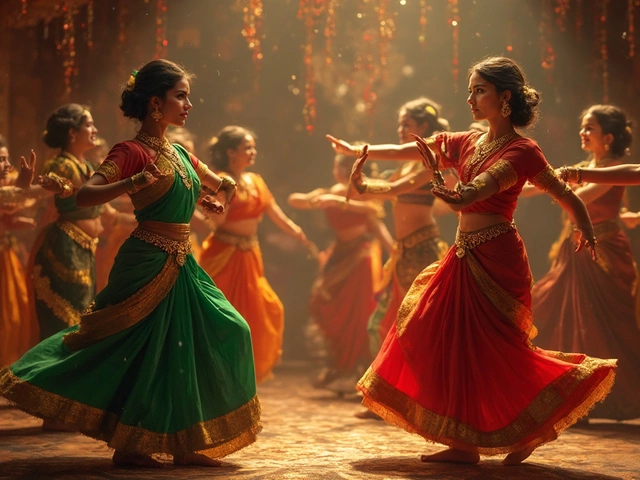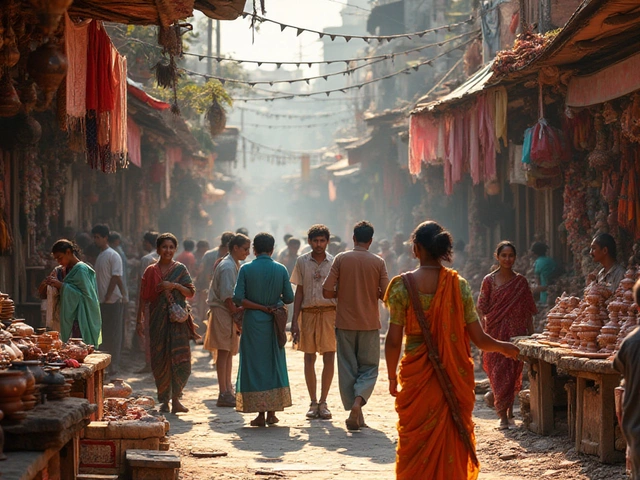Traditional Crafts of India: Living Art Forms That Define Culture
When you think of traditional crafts, handmade objects created using age-old techniques passed down through families and communities. Also known as folk art, these crafts are more than decorations—they’re the heartbeat of India’s rural and regional identities. Every stitch, brushstroke, and carved line holds meaning, memory, and skill that no machine can copy. These aren’t relics locked in museums; they’re alive in homes, markets, and festivals across the country.
From the vibrant Pithora paintings, sacred murals created by tribal communities in Gujarat as offerings to their deities, to the intricate handwoven textiles, like Banarasi silks, Kanchipuram sarees, and Bandhani ties, each made by master weavers using looms unchanged for centuries, traditional crafts connect people to their roots. You’ll find them in the terracotta pots of Bengal, the metalwork of Odisha, the block prints of Rajasthan, and the bamboo baskets of the Northeast. These aren’t just products—they’re cultural statements, often tied to rituals, seasons, and local beliefs.
What makes these crafts so powerful is how they survive. Despite mass production and changing lifestyles, artisans in small villages still spend months making a single piece. A Pithora painting might take weeks, each symbol telling a story of harvest, protection, or gratitude. A hand-dyed Bandhani saree requires thousands of tiny knots tied by hand. These aren’t hobbies—they’re livelihoods, passed from parent to child, often with no formal training, just pure practice and patience.
You won’t find these crafts in big malls. You’ll find them in village fairs, local bazaars, and the hands of people who still believe in making things that last. That’s why they matter. They’re not just about beauty—they’re about identity, resilience, and quiet resistance to a world that wants everything fast and cheap.
Below, you’ll find real stories about these crafts—the artists behind them, the regions they come from, and how they’re still shaping modern India. Whether it’s the sacred art of Gujarat, the textiles of Tamil Nadu, or the forgotten techniques still alive in rural workshops, each post gives you a window into a world most people never see. This isn’t tourism. This is truth.
